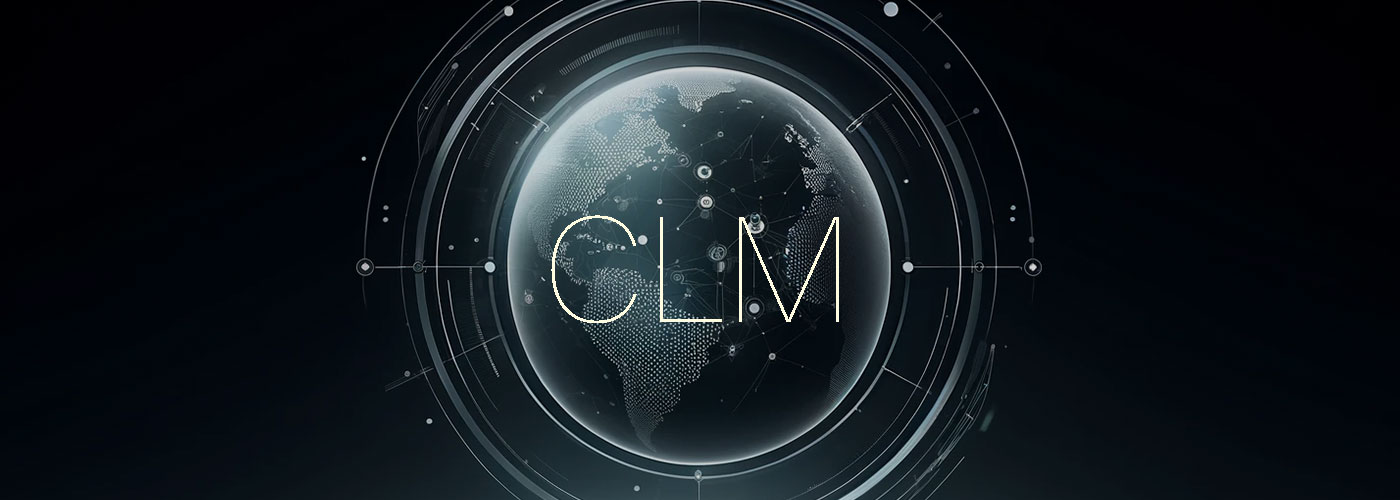71% of law professionals prefer working remote over in-person interactions, a Lawyer Monthly article reports. Partly due to the pandemic, litigators no longer have to be restricted to court rooms or their offices. They can work from anywhere, with litigation legal tech at their fingertips. The world of legal tech encompasses AI and smarter software and tools created to assist litigators in leveling up their practice.
With an extensive collection of legal tech tools available, litigators now have access to a world of intelligent and error-free software. It makes sense to incorporate smarter tools into litigation practice for the host of benefits it can provide. Cost-effective tools, faster and efficient automation, and better time management are just a few of the endless benefits legal tech brings to the litigation table.
Why Litigators Need Legal Tech
Although most processes in litigation require hands-on engagement, the world of legal tech offers tools such as online mediation platforms, AI-powered litigation analytics, and more.
The world of litigation is tiring and long. Discovery processes eat into litigators’ time, and are research-intensive. Litigation departments work in silos, detached from their organizations. Finally, clients and organizations demand early-stage settlements, resolutions that are affordable, and eDiscovery information and data that is proven to win.
It’s never been easier and better to be a litigator with legal tech, which offers benefits such as:
- Being a cost-effective way to handle a practice
- High-quality litigation services including litigation management, legal ops, and more
- Allowing lawyers to focus on their litigation matters while legal ops, and research goes on in the background
There’s a world of legal tech software to fit every need. For litigators in particular, there are litigation-specific legal tech software to assist litigation practice every step of the way.
3 Top Litigation Tech Tools
Every litigation department has unique litigation case requirements, but every one of them has issues that can be solved with legal tech. Find out about these 3 top tools for litigators.
Legal Case Analysis & Organization Tools
Legal case management software assists litigators in managing litigation cases, clients, and organizing cases. With this type of advanced litigation tool, litigators can get litigation case summaries and case analysis, faster, and more cost efficiently.
Case organization calls upon powerful analytics to access, retrieve, and organize litigation case notes and data for future case outcomes and more.
EDiscovery Software
A LexisNexis article on legal tech for litigators notes that eDiscovery takes up the bulk of litigators’ time. With intelligent eDiscovery software, litigators quickly look up and access key information and data they need for litigation cases. The types of data available that may be required in lawsuits or investigations include email, company documents, databases, social media and cell phone data.
AI-powered Litigation Tools
Litigators in particular need to forecast which way a case may swing, to better serve their clients. With AI-powered predictive analytics tools including iPAT by LegalEase Solutions, litigators can access smart litigation case outcomes with artificial intelligence.
How to Implement Litigation Legal Tech
Litigator-specific legal tech offers a plethora of benefits proven to boost profits, generate extra time, and check off every goal on the business strategy checklist. With a couple of legal tech tools in mind, litigators can implement a successful legal tech strategy to transform their organization’s litigation needs.
Tariq Hafeez, President at LegalEase Solutions explores successful legal transformation in his article on Law360.com and how legal departments can level up their existing transformative strategies or create one from scratch.




